Grace Molloy was joined by Kirstin Bouse, a clinical and forensic psychologist and founder of All About Her: the Centre for Menopause to discuss the psychology at play during the menopause transition.
Grace Molloy: We’re talking about menopause much more now, as we’re living longer and working for longer. And for those in work during their menopause, it’s hard to leave some of those symptoms at the door.
We know that the symptoms that impact those most at work are the psychological ones, such as loss of focus and concentration and higher levels of anxiety. Is this your professional experience?
Kirsten Bouse: Yes, this is such an important issue. We talk a lot about the physical symptoms of menopause but there’s a lot going on in terms of mental health, too. This is a significant psychological development stage. Just like our hormones fluctuate.
Perimenopause can be a very long time for hormones to be fluctuating and it can impact on the internal psychological factors that make us who we are. Our identity, values, purpose, self-concept, these are all part of our psychological make up.
Grace Molloy: Is what’s happening with our hormones compounded with the time of life we’re in?
Kirsten Bouse: When we start perimenopause we’re typically at a stage of life where the demands on us are high. We’re often pretty close to the top of our game professionally, life is busy for those with young children or teenagers, and we might be also caring for elderly parents or family members. Financially we often have the most pressure at this time, too. Midlife is very very demanding.
Add to that the role expectations we have. Women are more likely to be the primary caregivers for children and elderly parents. We’ve got these clashes and we’re under a lot of strain. Add to that what happens hormonally and we start to experience poor sleep. And the better-quality sleep we have the more resilient we are.
We also know that estrogen is quite a buffer for cortisol, our stress hormone, so as that’s going down that buffer starts to reduce, and the cortisol has a much greater impact. Really, there are a whole bunch of physiological, biological and hormonal factors that start to clash with the psychological and psychosocial factors in our lives. There is often a gap between what we feel capable of and what we’re expected to do, which can bring a lot of internal angst.
Grace Molloy: When should someone look for support from a psychologist?
Kirsten Bouse: Menopausal depression looks different to normal depression, as it’s inconsistent. We can have periods of when we’re feeling okay, others where we’re crying at the drop of a hat, feeling overwhelmed and down and despairing. This is different to the ‘typical’ presentation of depression where it’s a consistent pattern of low mood. When you’re repeatedly going through a cycle of ‘I’m okay, I’m not okay’ I’d suggest there’s merit in seeking support from a psychologist.
Hormone Therapy can help with symptoms, it’s a great foundational place to start. When you’re internally struggling with who you are and want to run away from every responsibility you have, that’s when you could think about seeing a psychologist.
We can help you explore this and find ways to create space for newer versions of you, which is one of the most critical psychological areas that is changing during perimenopause.
The more people that are aware that perimenopause is a real thing, how early it can start and how long it lasts, and the significant factors involved, the better off we’re going to be. As psychologists, if patients have a menstrual history and are mid 30s onwards this has to be part of our clinical assessment.
Grace Molloy: What are some practical suggestions for people feeling this way?
Kirsten Bouse: We do need patience which we’re pretty short on at this point of life. There are lots of things we need to look at, helping to build compassion and regulate emotion. Having those skills is really important to find a sense of equilibrium. A lot of what I do to support people is build resilience to sit in discomfort and not immediately run from it.
I’d be asking patients to pay attention to where they are most fulfilled, where they feel most like themselves, where they feel the most joy and contentment. Look back and think what did you enjoy when you were a kid, before you started getting shepherded into a particular role?
What sports did you enjoy, what creative process did you enjoy, where did you enjoy spending your time, who with, what music did you listen to and what did you read? This is all a good place to start. It won’t solve everything, but it does help us start to build connections to a version of ourselves and helps us feel a bit steadier. I hear time and time again people say I want more time for me, not just to be a mum, a wife or a carer. The idea is to find ways to nourish who we are, not just the roles we fulfil.
Grace Molloy: How can we navigate this time with our loved ones?
Kirsten Bouse: Relationships do change over the course of our lives. At this point in life, we might be becoming a different version of ourselves and want different things from our relationships. And if a partner does not want to support us in this then things can start to become unstuck. It might mean having some difficult conversations. This can be hard but it’s important. If you still love your partner and want a future with them, but need this version of yourself recognised, I’d encourage an assertive conversation.
Remember, you’re not responsible for absolutely everything. It can be quicker and easier to just do things ourselves, but as children get older you’re perfectly entitled to ask them to help and pull their weight. Women often feel guilty about doing this, but it’s a reasonable request!
Grace Molloy: Do you have any suggestions for people in the workplace?
Kirsten Bouse: I often say dynamics with people are like a dance. And if you’ve been doing the tango with people in your life for a while now and suddenly you want to do the cha cha, it might take them some time to understand this and catch up. So it will probably need a conversation. Choose a safe person to start with, who you know has your back and who will champion and help you.
Grace Molloy: Any other tips?
Kirsten Bouse: A lot of women make a bucket list for when they retire, but why not start now? Look at the list and see if there’s anything on there that resonates to the essence of you (not your roles) and is feasible for you to do sooner. And if you don’t have one, why not make one?
To improve the lived experience of those going through menopause, and to help everyone be a supportive colleague, partner, friend or family member, education is key. Workplaces can take an education-first approach, talking to their people about what they’re experiencing and what they would like to see in your organisation. Look at what you can do to actively support your workforce, and make it official with a policy, document or toolkit that everyone knows about and can access.
Menopause Friendly Australia works with organisations committed to becoming menopause friendly, guiding them through approaches in key areas of the workplace. Once an organisation meets the rigorous criteria for approval, they will be accredited as Menopause Friendly. Get in touch today to find out how we could help your organisation.


